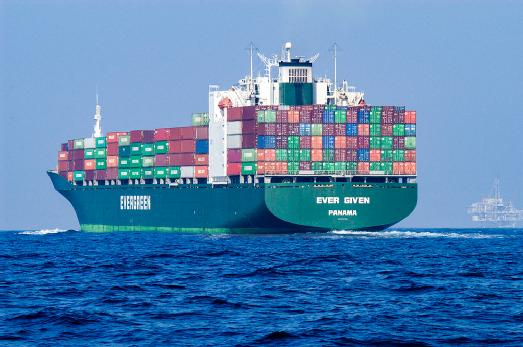Professor James Harrison, British Academy/Leverhulme Trust Senior Research Fellowship
Reconceptualising International Trade Law: In Search of a Bounded, Socially Embedded and Re-Connected Regime
International trade agreements are the most important international legal instruments which states have in their armoury to address issues of economic globalisation.
However, their scope has greatly expanded over time without sufficient scrutiny of the wide range of legal obligations which they contain, and the social and environmental effects that such obligations give rise to. These include intellectual property rules and their impact on access to essential medicines, trade in services rules on healthcare provision, food standards - such as on ‘chlorinated’ chicken - and rules on data flows and rights to privacy.
Professor James Harrison from the School of Law is undertaking a British Academy/Leverhulme Trust Research Fellowship that explores problems associated with a ‘sprawling’ international trade law regime which lacks a coherent underlying rationale. Through his research, he will develop a new paradigm to support and sustain a trade policy that is more socially, developmentally and environmentally responsible. This new paradigm must also be more sensitive to the practical realities of how international trade is conducted.
The project uses case studies of four international trade agreements, and the concepts of boundedness, embeddedness and connectedness to explore how this paradigm shift may occur - and what its consequences could be.
The underlying hypothesis of the project is that careful examination of key obligations contained in modern trade agreements is required, in order to:
-
Understand and critically engage with their underlying policy objectives and what they achieve in practice
-
Identify transformations to create more progressive trade agreements in the future.

A container ship en route to its destination. Container ships are often synonymous with international trade, with their use resulting in lower shipping expenses and decreased shipping time.
